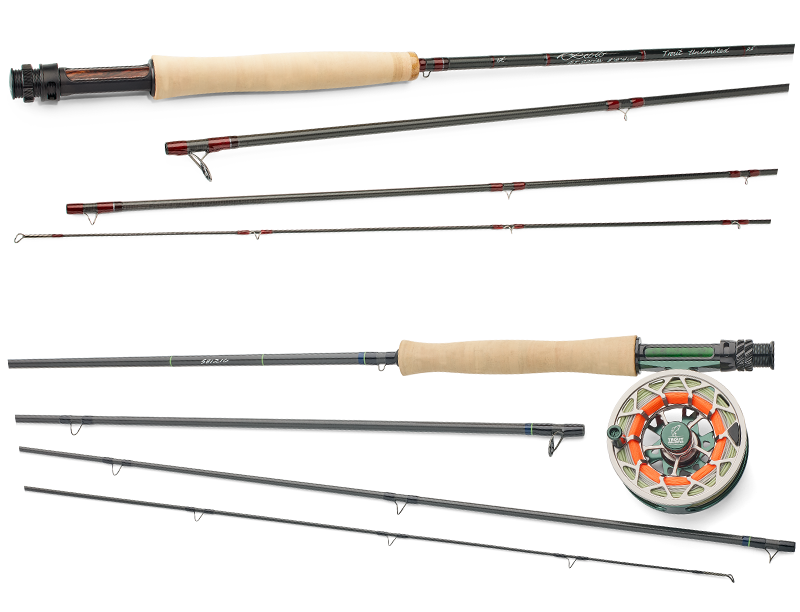FOR IMMEDIATE RELEASE
August 25, 2016
Contact:
Therese Thompson, tthompson@westernnativetrout.org, 303-236-4402
Stephanie Scott, SScott@tu.org, 720-354-2647
Christine Burns, ChristineBurns@elpasoco.com, 719-520-6996
Allyn Kratz, allyn.kratz@cmctu.org, 719-641-4925
Small grants have big impact for native trout projects
Colorado greenback trout conservation efforts receive funding from Western Native Trout Initiative
DENVERColoradoTrout Unlimited (CTU), Cheyenne Mountain Chapter of Trout Unlimited (CMCTU), and El Paso County have each received $3,000 from the Western Native Trout Initiative (WNTI) small grants programs for projects aimed at conserving native greenback cutthroat trout, Colorados imperiled state fish.
The WNTI small grants program specifically funds innovative projects that jump start or complete smaller, high-impact efforts focused around native trout conservation in the western United States. Projects considered for funding under the grant program may include riparian or instream habitat restoration, barrier removal or construction, population or watershed assessments needed for prioritization and planning, water leases or acquisitions to improve in-stream flows, and native trout-focused community outreach and education. Individual projects can be funded at a maximum of $3,000.
I know a $3,000 grant award may sound small, said Therese Thompson, WNTI project coordinator, but over four previous years of funding, this grant program has consistently brought in some of the most innovative community-based project proposals that are making a difference for native trout conservation across the western United States. We are so pleased to be able to fund three projects in Colorado this yearthey are all unique and will be of great benefit to greenback cutthroat trout recovery efforts.
CTU will use the WNTI funds to support greenback cutthroat trout recovery by purchasing rearing tanks at Mt. Shavano Fish Hatchery to hold more greenbacks and improve research, create signage about greenback cutthroat trout and restoration efforts along the Colorado Front Range, and create an information technology infrastructure to collect, store, analyze, and reuse data, photographs and videos, as well as coordinate efforts of volunteers.
CMCTU will install a series of 12 metal greenback cutthroat trout sculptures on Tejon Street (a main street in downtown Colorado Springs, Colorado) hidden in or around local businesses. A story about the greenbacks and a set of clues will be included in the tourist bureaus visitors guide/map of the city to allow adventurous tourists, locals and children to discover these hiding places and learn more about the greenback cutthroat trout.
El Paso County will use the grant money to design, purchase and install 20 directional signs and two interpretive panels incorporating educational information designed to show the relationship of the greenback cutthroat and its aquatic habitat to the surrounding ecosystems and recreational opportunities within Jones Park.
This is a huge step for the greenbacks, said Stephanie Scott, CTU outreach coordinator. These fish have a remarkable history and the future has never been brighter for them. These WNTI funds will allow us to take big steps in greenback reintroduction by providing research materials to state agencies, educating the public, and protecting the waters that greenbacks call home.
The 2016 Small Grants Program is supported by generous donations from project partners at Bass Pro Shops, Orvis and Blue Valley Ranch. A full list of funded projects can be found here: http://www.westernnativetrout.org/small-grants-projects—2016
WNTI is an initiative of the Western Association of Fish and Wildlife Agencies and a recognized National Fish Habitat Partnership that seeks to cooperatively restore and recover 21 Western native trout and char species and sub-species across their historic range. The program funds efforts that raise awareness of the importance of native trout and focus limited financial and human resources toward the highest-impact, locally-led, on-the-ground projects. Since its inception in 2006, WNTI has directed over $4 million in federal fish habitat funds leveraged with an additional $15 million public and private matching dollars for 116 priority native trout conservation projects.
For more information, visit www.westernnativetrout.org
# # #

